Planning a digital skills event doesn’t have to be hard. With a few tips in your back pocket, you can create a successful, safe and fun event for your community this Get Online Week.
Get Online Week is the perfect time to encourage your community to improve their digital skills. A fun and engaging event can motivate people to learn something new and keep coming back to access your support.
This guide helps you to plan and host an amazing digital skills event for Get Online Week.
Step 1
Book Get Online Week into your calendar for 20-26 October 2025.
Step 2
Read our event ideas and planning information.
Step 3
Use our event holder resource kit.
Apply for a Get Online Week grant and get $1,000 to host an event. Grant applications open June – July 2025.
Step 4
Host your free digital skills event to help people in your community be safer and more confident going online. Have fun!
Get Online Week is being held 20 – 26 October 2025.
Put it in your organisation’s planning calendar and talk about how you will get involved.
Don’t be afraid to get creative! Or, just steal our ideas!
When choosing the type of event you want to host consider:
You can make your event as simple or as complex as you like. Check out our event ideas.
Think about the people you would like to attend your event. Make decisions with them in mind when picking your event time, date, venue and logistics. This will make them more likely to be able to attend!
Consider:
How much will your event cost?
Get several quotes in advance to help you work out what costs will be involved to hold your event. Remember to include printing costs for your event resources and marketing materials, and staff time to organise and attend the event. Think about if these costs are realistic for your organisation and what can be covered by a $1,000 Get Online Week grant (Good Things network partners only).
Tip: You will be asked to provide an itemised and costed event budget using our template as part of your Get Online Week grant application. Plan your application in advance to avoid last minute stress!
All event holders are responsible for keeping your participants safe at your events.
Complete a risk assessment for your event and implement any mitigation strategies you may need to keep everyone safe and the event running smoothly.
Some things to look out for include trip hazards from cables, injuries from moving event materials or equipment, ensuring catering is stored and served safely, and the event space is accessible. If your event will be held outdoors, plan what you will do in case of rain or extreme weather. Consider any government health advice or venue requirements in your risk assessment.
Tip: Many organisations already have a risk assessment template that you can use for your event. If not, free event risk assessment templates are available online.
Start promoting your event at least 6 weeks in advance. Spread the word to make sure as many potential attendees in your target audience as possible know about your event before the day.
You may also like to invite local VIP’s and your organisation’s leadership team or Board to come to your event as special guests.
In any promotional activity, it is good to include:
Promotional resources are available in our free printed event packs and to download from this website.
Tip: Log your event with Good Things so we can direct any new learners in your area to your organisation.
Good Things offers a $1,000 Get Online Week grant to help cover the costs of your event. It can be used to pay for things like:
Read the grant guidelines and T&Cs to see if this opportunity is right for you.
Get Online Week is a great way to connect with your community while helping them to learn something new. Enjoy seeing all your planning pay off.
A checklist can help you get ready to host your event. Think about what you will need to organise in advance and check it off as you go. Here is a sample checklist to get you started:
A Get Online Week event can be a great way to connect new people with your digital skills programs.
If you have collected participants’ contact details, send them a thank you by email or give them a call to say thanks for coming. This is also a great way to keep them engaged with your organisation and programs.
Make a follow-up appointment with attendees so they can carry on their digital skills journey with you after the event. You could even run follow-up sessions in the same venue and time, as you know they can get to it easily.
Tip: Remember to register any new Be Connected or Digital Sisters learners on my.GoodThings to help you to acquit any program grants you may also have with us.
Asking for feedback for event attendees at the end of your event allows you to see how successful it has been and improve how you run your events for the future.
We will provide event holders with a simple survey template online and in print format to provide your attendees. You may wish to add to this with your own questions.
If you have a Get Online Week event grant, asking 10 attendees to fill in our survey is a requirement of your grant.
To help you to collect responses, we suggest incorporating filling in the survey online as a key digital skill at the end of your event or printing copies in advance and having a team member ask people to fill them in before they leave the venue.
Immediately after or during your event, make sure to post photos of your event to social media using the hashtag #GetOnlineWeek and tag us on Twitter or Facebook (with participants permission).
Get Online Week grant holders will be required to submit a short report of their event including:
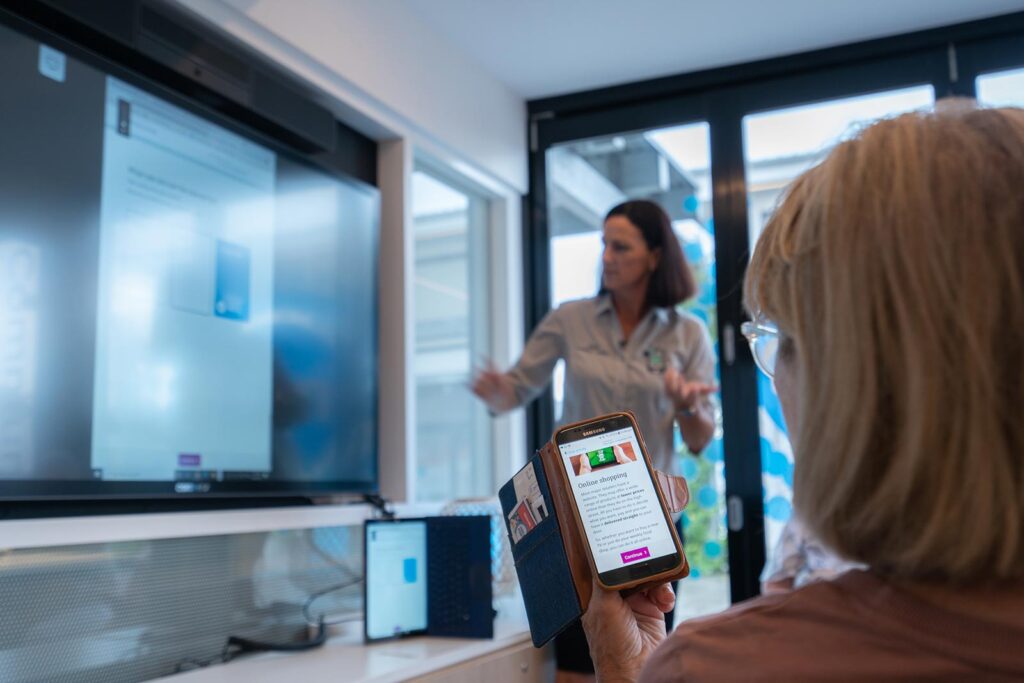
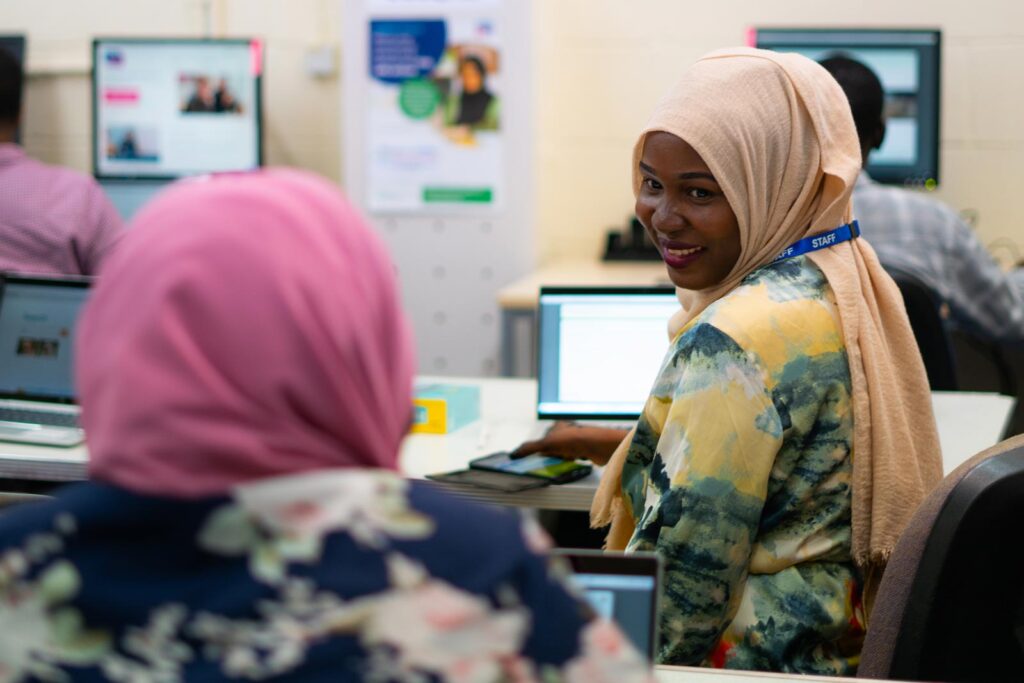
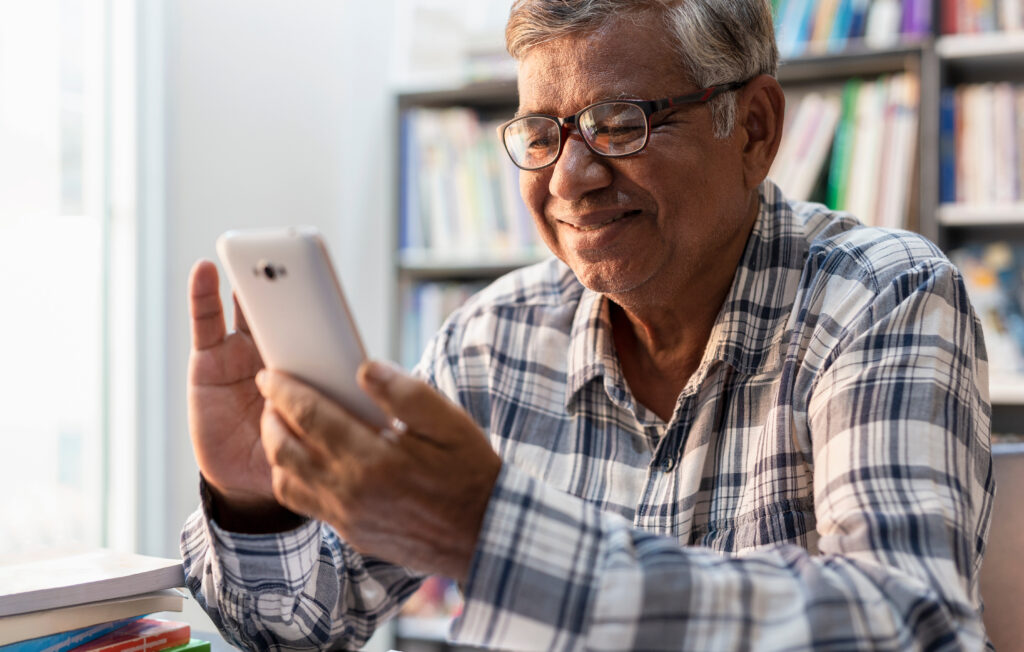
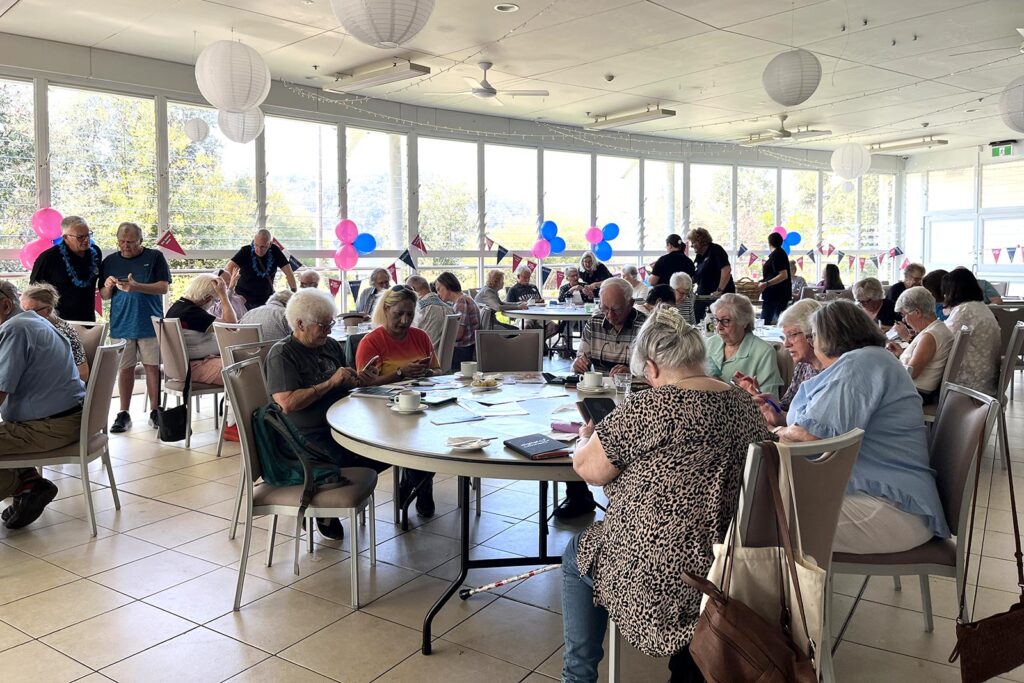
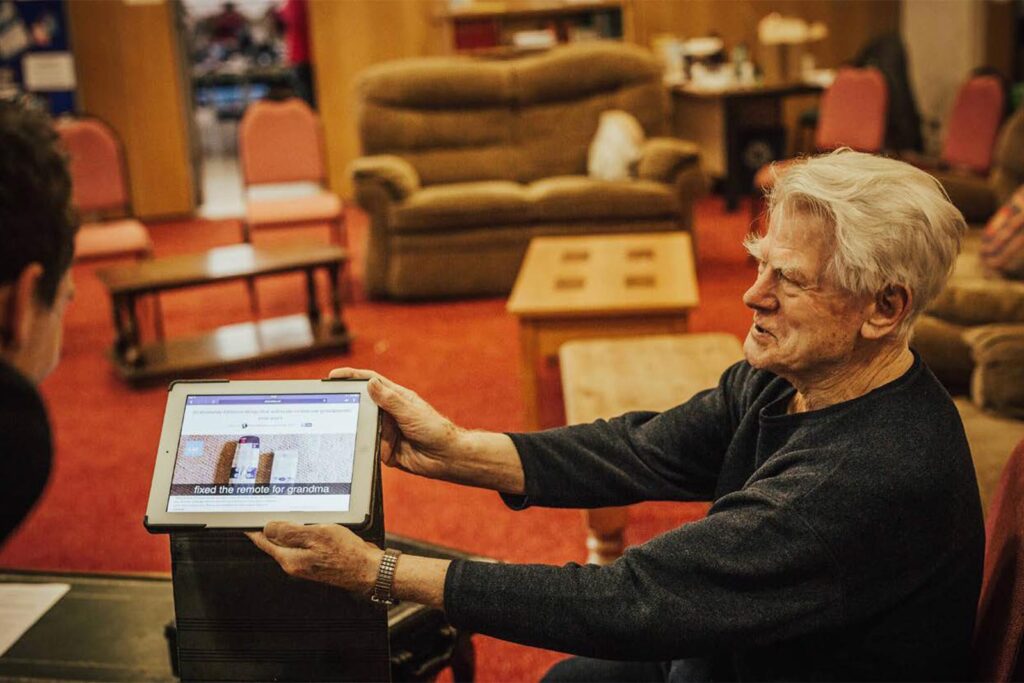

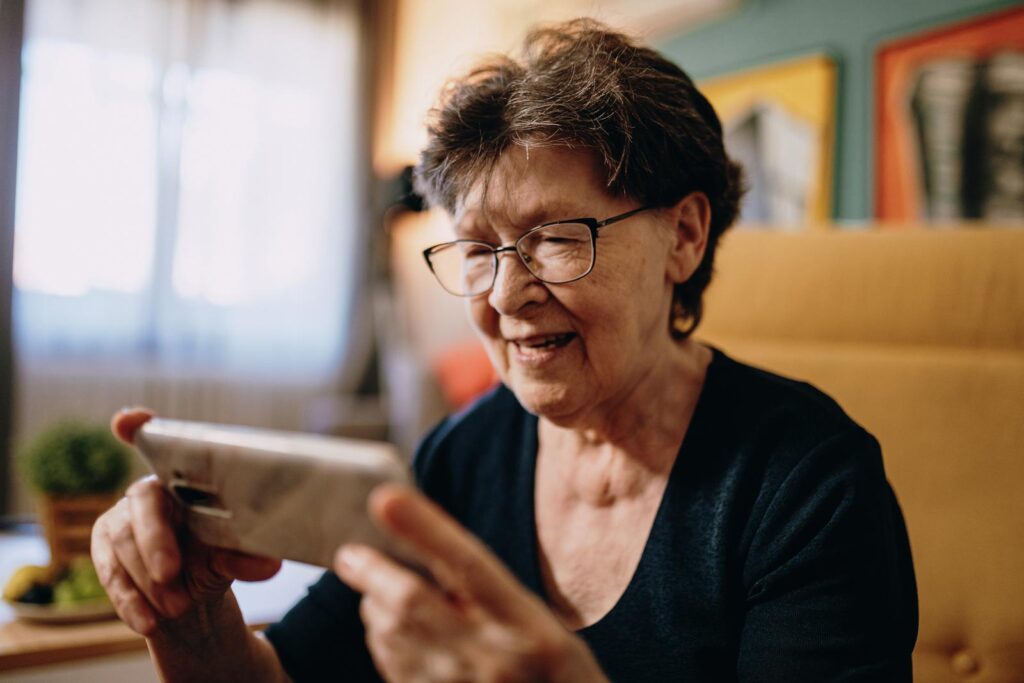
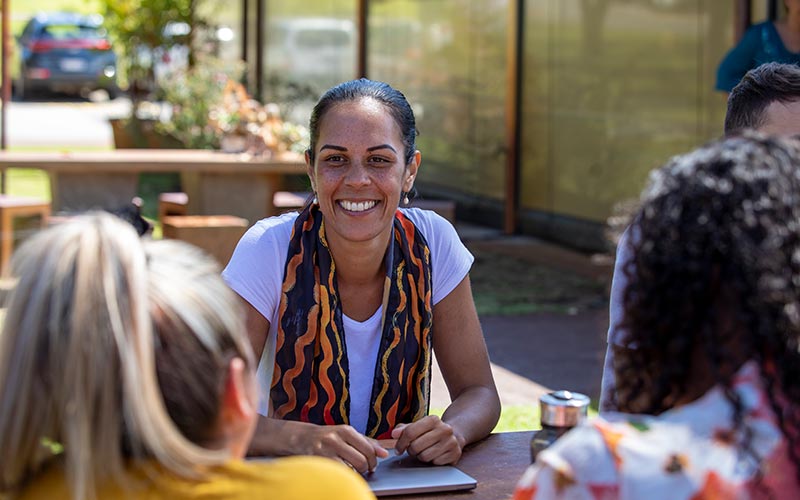
Keep in the loop with news, grant announcements, events and updates in our Good Things newsletter and learn how to get involved in closing the digital divide.